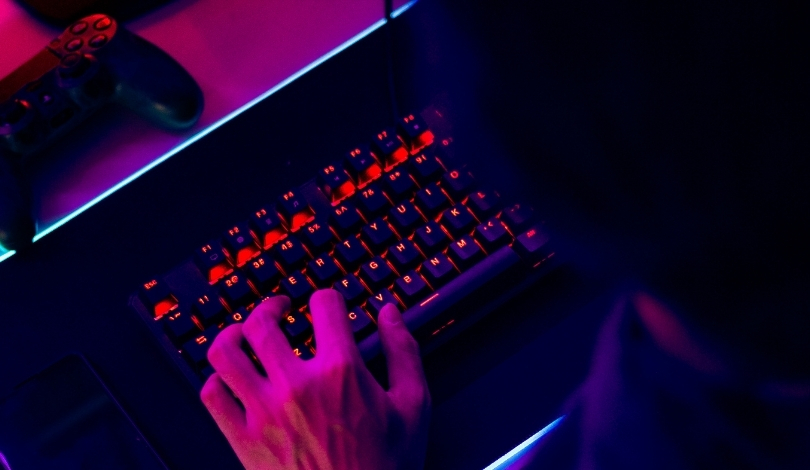The ongoing debate over TikTok’s status in the United States intensified this week when President Donald Trump approved another extension to the deadline requiring ByteDance to sell the viral social media platform. Originally set as a strict timetable with legal and national security ramifications, the deadline has now been pushed back three times. President Trump’s fluctuating perspective on TikTok, especially in the aftermath of the 2020 election, reflects concerns that go beyond data privacy—bringing electoral influence and youth engagement into the conversation. This uncertainty affects not only corporate interests but also millions of American users and small businesses that depend on TikTok for outreach and economic activity.
News coverage from previous cycles has documented the Trump administration’s hardline stance toward Chinese tech firms, emphasizing immediate and direct action to address national security concerns. At several points, previous reports anticipated a forced sale to a US-based company as imminent, with Oracle and Walmart once floated as prospective buyers. With the latest delays, expectations for swift enforcement have given way to ongoing ambiguity, and differing political motivations appear to be shaping the narrative around the perceived risks and benefits of TikTok’s presence in the US. The addition of election-related rhetoric marks a departure from the original purely security-driven arguments.
Why Is the TikTok Deadline Continuously Extended?
The Trump administration has repeatedly extended the timeline for ByteDance to divest TikTok, raising questions about the strength of its commitment to enforce a sale or ban. Each extension, most recently moving the deadline to September 17, is attributed by the White House to both TikTok’s widespread popularity and an ongoing belief that user privacy can be protected during negotiations. These delays coincide with shifting public stances, including President Trump’s remarks highlighting the app’s role in cementing youth support during his presidential campaign, despite fact-checkers contradicting his claims about electoral victories among young voters.
How Does TikTok Respond to Shifting US Policy?
TikTok described its current relationship with the government as appreciative, expressing thanks for the administration’s flexibility. The company stated,
“We are grateful for President Trump’s leadership and support in ensuring that TikTok continues to be available for more than 170 million American users and 7.5 million U.S. businesses that rely on the platform as we continue to work with Vice President Vance’s Office.”
Despite the positive language, the threat of a forced sale or an outright ban persists, hinging on both domestic US negotiations and international approval, particularly from Chinese authorities.
Can Legal and Political Debates Over TikTok Find Resolution?
Lawmakers remain divided; while supporters cite user benefits and potential safeguards, critics argue that further delays undermine Congressional intent and established legal rulings. Prominent Democrats, including Senate Select Committee on Intelligence Vice Chairman Mark Warner, have accused the administration of circumventing legislative and court decisions regarding security risks attributed to ByteDance’s ownership. Calling the situation “deadline purgatory,” analysts see the recurring postponements as signs that a long-term solution may remain out of reach for the foreseeable future.
Repeated deferrals in the TikTok case have highlighted a tension between national security priorities and civil or commercial interests. Stakeholders, from policymakers to app users, must navigate a fluctuating environment where executive decisions are subject to revision and political considerations are increasingly intertwined with technical and legal issues. For those following the status of international tech platforms operating in sensitive political contexts, it is valuable to track not only deadlines and orders but also the shifting rhetoric and motivations behind them. Monitoring bipartisan discussions in Congress and the responses of companies such as TikTok and ByteDance will be important for anticipating further developments. Consumers and businesses using social media for outreach may wish to consider contingency plans until a definitive outcome is reached, while those interested in international tech regulation can use this example to examine how policy, law, and populist communication interact in real time.










